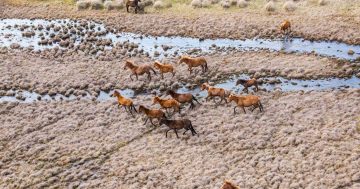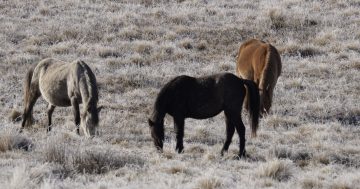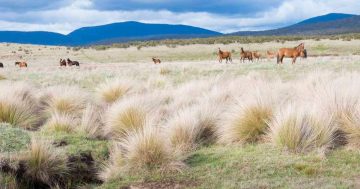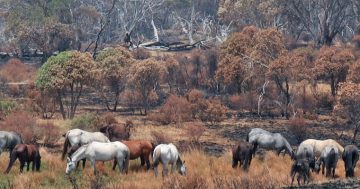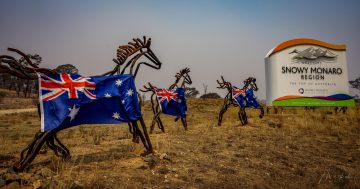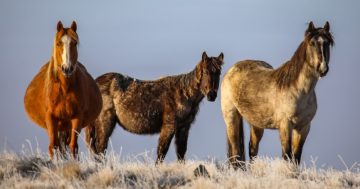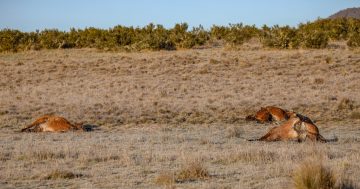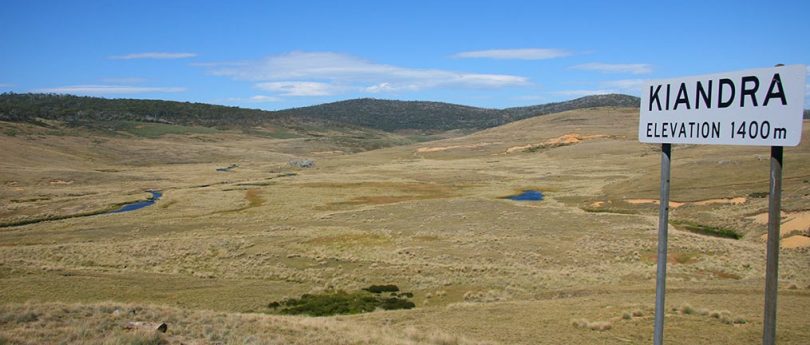
Kiandra Plains in the NSW Snowy Mountains is suffering from grazing by feral brumbies. Photo: Supplied.
Claims made by NSW Deputy Premier John Barilaro – on ABC South East radio earlier this month – that the past summer’s bushfires have devastated the population of feral horses in Kosciuszko National Park are not only misleading but defy the course of nature, said Invasive Species Council CEO and Reclaim Kosci* spokesman Andrew Cox.
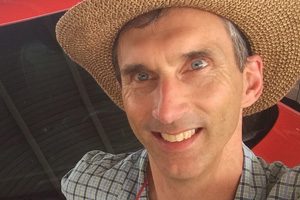
Invasive Species Council CEO Andrew Cox. Image: Invasive Species Council.
“Feral horses in Kosciuszko National Park, and elsewhere, breed at 15 to 20 per cent a year and most people aware of the natural course of nature would be aware of this,” said Mr Cox on Friday, June 12.
Mr Cox said Mr Barilaro had called for a halt to horse removal until a new survey was conducted due to “a devastation on the [feral horse] population”.
“Driving along the Snowy Mountains Highway and counting a couple of dead horse carcasses, as Mr Barilaro did, is hardly a match for a professional and scientifically audited survey of the alpine regions to determine horse numbers, which was done last year,” he said.
Mr Cox said the feral horse population would have increased by many thousands since numbers were surveyed in May 2019 so any claimed impact of the fires and drought would have been more than offset by natural increases since the survey was carried out.
“What’s more, over 65 per cent of the park was unburnt, including the northern end of Kosciuszko National Park, which harbours most of the horses,” he added.
“What is clear, if you take the time to walk a short distance off the highway at Kiandra, is that many feral horses are being true to their reputation of ‘eating like horses’ and have been the first animals to move back in and are already destroying regrowth,” he said. “Where there are thin pickings, feral horses can be seen grazing on aquatic plants on the Eucumbene River bed.”
Mr Cox said Mr Barilaro should do more than wind down his window in the now 80km/h zone across 38 kilometres of the highway – a reduced speed limit necessitated by herds of horses wandering across the busy public road.
“He should heed the advice of the scientific community and support an end to grazing by hard-hoofed animals in Kosciuszko National Park,” he said.
“Mr Barilaro should end his posturing for perceived short-term electoral gain and back a long-term environmental preservation strategy for Kosciuszko National Park rather than imposing his sorry brumby preservation legislation on Kosciuszko and the people of NSW.”
* Reclaim Kosci is led by the Invasive Species Council and was founded by the Invasive Species Council, National Parks Association of the ACT, National Parks Association of NSW, Colong Foundation for Wilderness and the Nature Conservation Council of NSW.



